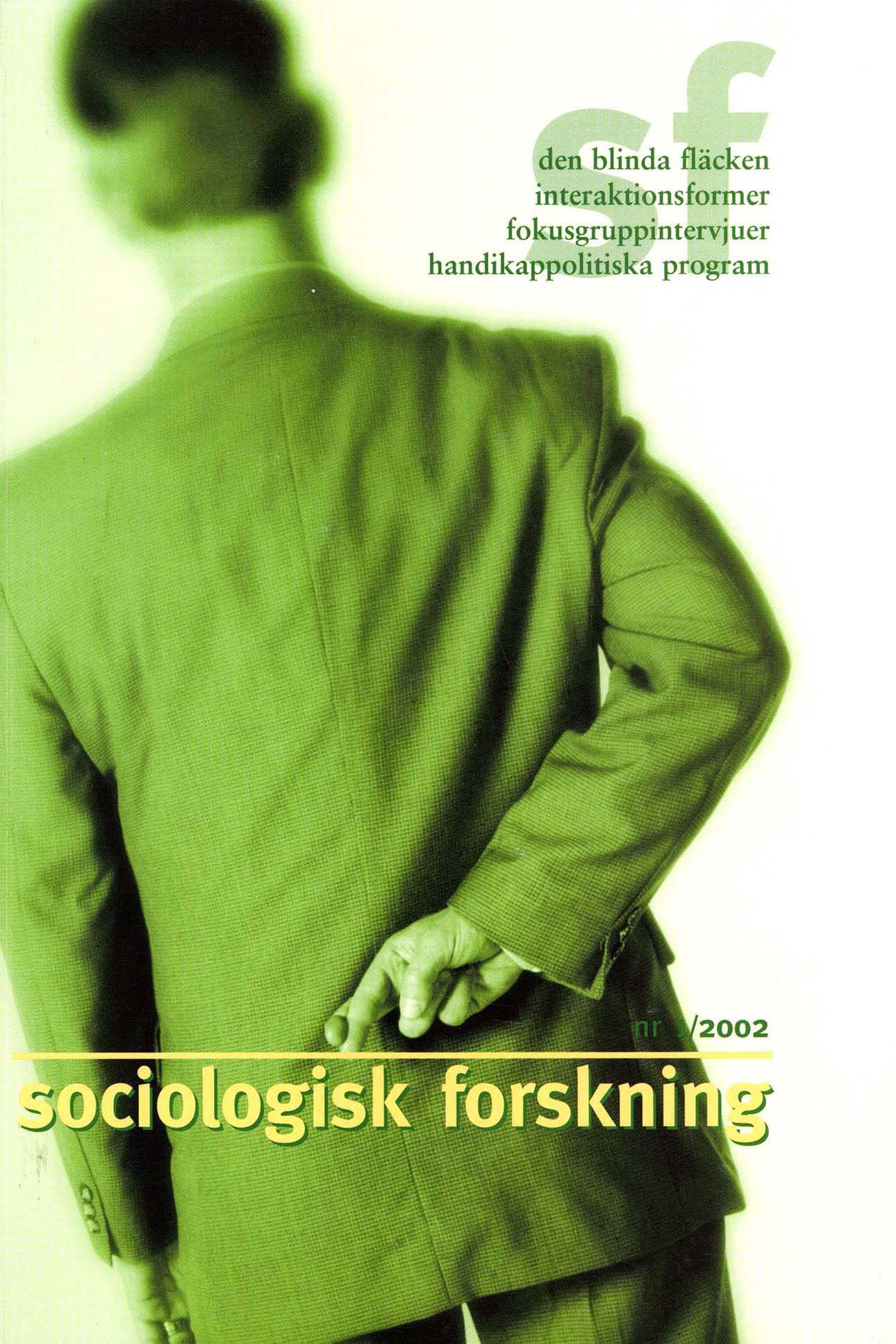Fokusgruppsintervjuer i teori och praktik
DOI:
https://doi.org/10.37062/sf.39.19429Keywords:
qualitative method, focus groups, Bosnians, political socializationAbstract
Focus Groups in Theory and Practice
The ultimate goal of this article is to provide a linkage between the theoretical framework of focus groups and their use in a number of studies. Focus groups are today, as a method of collecting qualitative data, widely used within many different research fields. Basically they are a form of group interviews where data is produced through participants’ discussion led by a moderator, on the topic determined by the researcher. There is not only one way of doing focus groups. Their features, size, composition, purpose as well as areas where they are practiced vary. Focus groups are used as a self-contained method; as a supplementary method for qualitative and quantitative methods; and finally they are used in multimethod studies. Like other research methods focus groups also have strengths and weaknesses, which makes focus groups more or less appropriate as a data gathering method for a particular study. The strategic questions posed to the focus groups, in my own work - the project about Bosnian youngsters’ political socialization - cover aspects of their social context, contacts with media and political groups, as well as their own plans for the future. The students in five focus groups are followed for a period of three sessions where a topic (school, parents, mass media) is covered.
Downloads
Published
How to Cite
Issue
Section
License
All content in Sociologisk Forskning is published with immediate open access, under the Creative Commons license CC BY-NC-ND 4.0.
All content may be read, downloaded, shared and printed for non-commercial purposes, free and without fees. Contents may not be altered. When content is reused, author, source and a link to the copyright licence must be provided. The author retains copyright to their content. No publication fees are charged.





